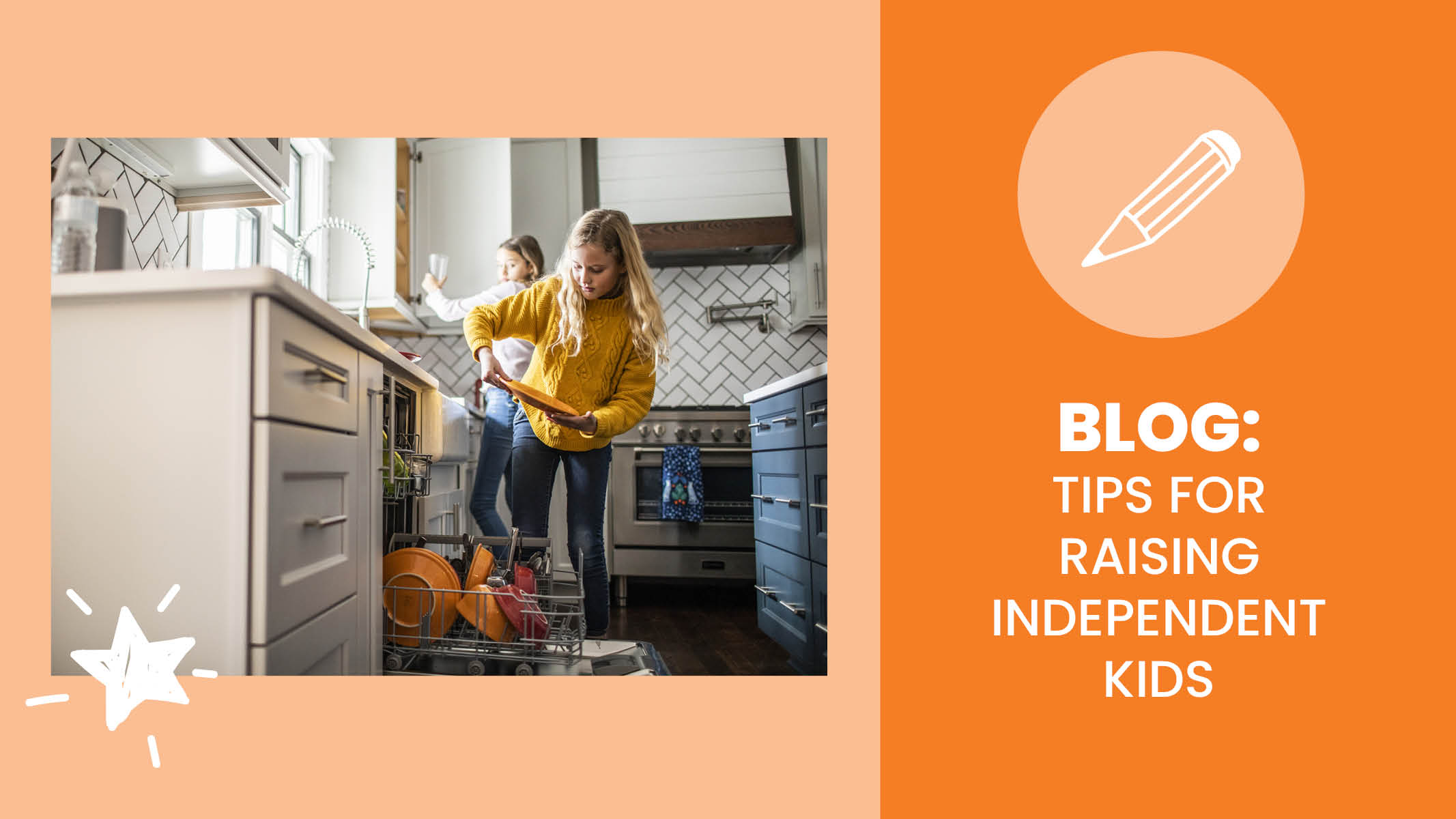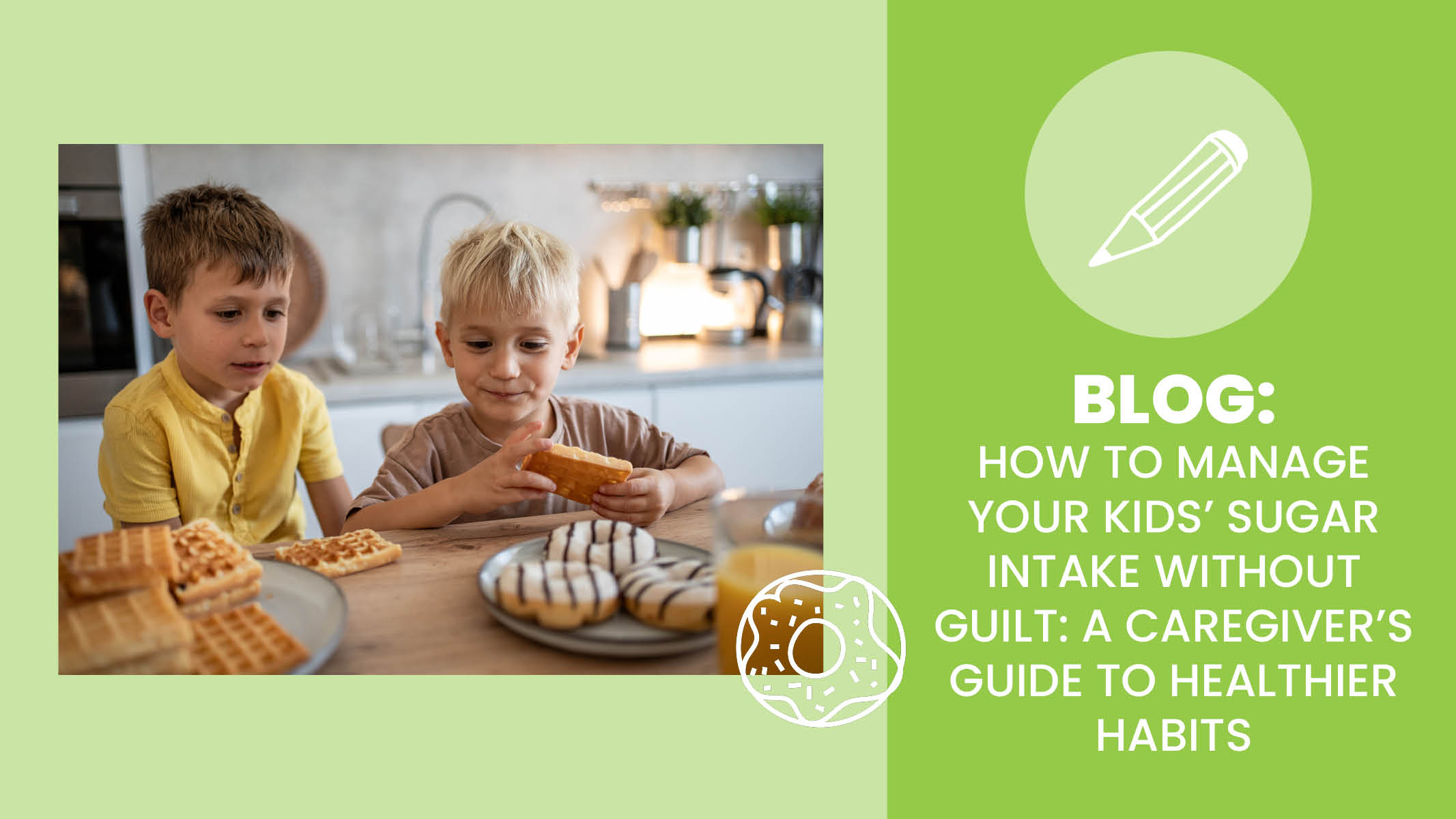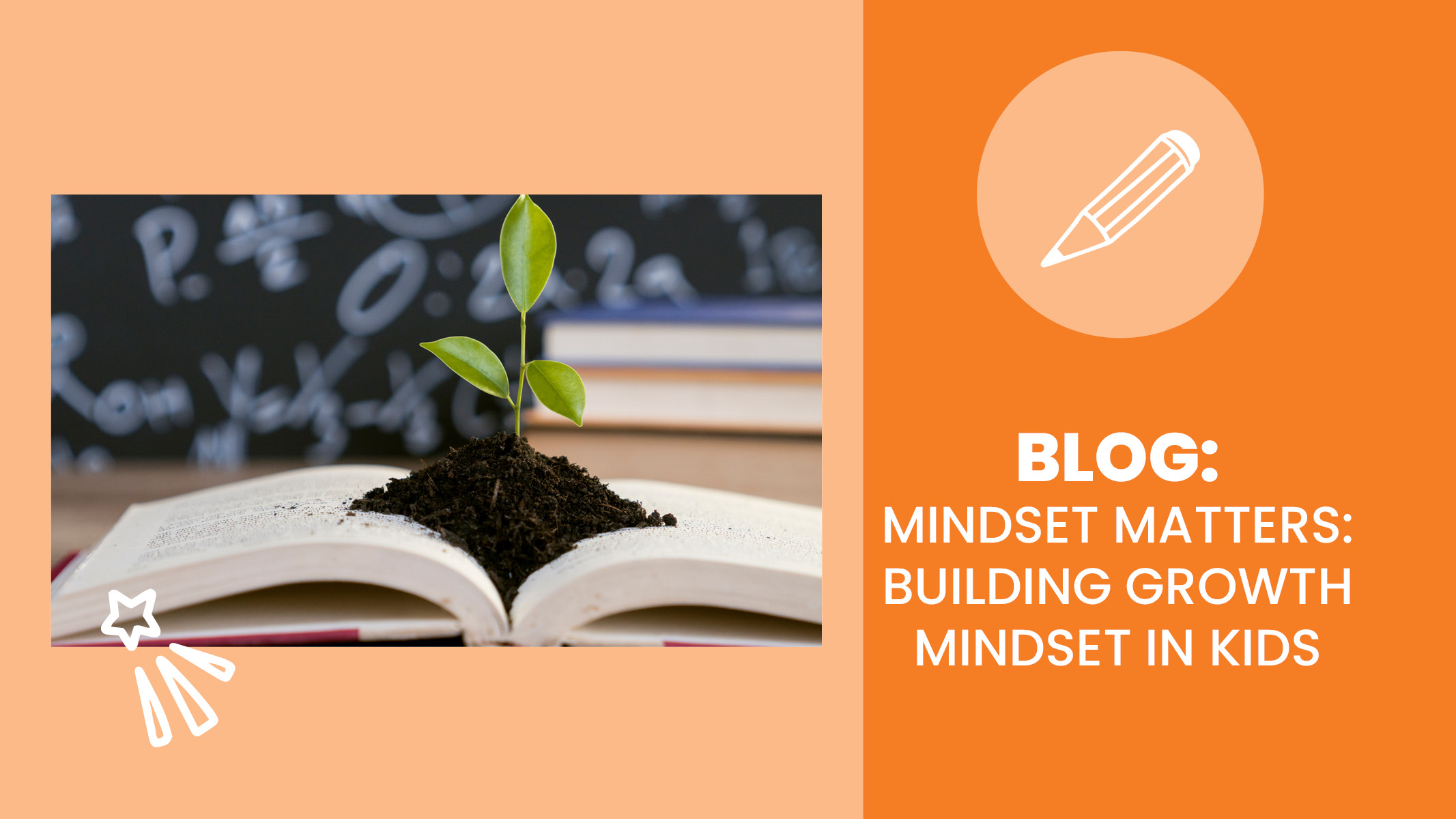Raising independent kids is one of the most rewarding, and challenging, goals a caregiver can have. While we all want our children to feel safe, loved, and supported, it is also important that they grow into confident individuals who can navigate the world on their own.
To better understand how to support kids in developing independence, we spoke with Dr. Katelyn Mickelson, a Specialist in Child Psychology at Sanford Health, and fellow parent. She gives insight into how to raise independent kids and how to help them become capable, resilient, and self-reliant.
What “Being Independent” Really Means
When we think about how to raise independent children, it is easy to picture kids doing chores or getting dressed on their own. But according to Katelyn, independence goes deeper. “When I think of independence, I think of being able to do things on your own and knowing when you need to turn to others,” she explains. It is a balance. Being independent does not mean doing everything alone – it means having the confidence to try things and the wisdom to ask for help when needed. Katelyn highlights, “Children inherently want to be able to learn to do things for themselves. By trying to do things for themselves and being able to tolerate the frustration that comes with increasing independence, they are then able to build upon that to become confident adults.”
At What Age Can Children Start Developing Independence?
You do not have to wait until your child is a teenager to start fostering independence. In fact, it begins as early as toddlerhood. “You’ll often see toddlers wanting to try new things by themselves. I think all caregivers have an experience with their young toddler wanting to do something that they struggle to do by themselves, such as putting on their shoes or dressing themselves. While it can be frustrating, it’s important to give children safe opportunities to try to do more things for themselves as this helps children feel that they have autonomy and it builds confidence that will let them know that they can do hard things,” says Katelyn.
Does Parenting Style Matter?
Every family is different, and so is every child. Still, the way we parent or provide care can have a big impact on how independent our children become. Katelyn suggests “It can be helpful to be looking ahead and thinking about what skills you want your child to have and to start thinking about what you can do now to foster those skills. I have also found, as a parent, that my own anxiety can lead to me to underestimate what my children can do, and I have to be able to tolerate my own discomfort to allow my children to grow their own independence.” Letting go can be hard. But children thrive when given responsibility that matches their developmental stage – and when caregivers are able to step back, even when it is uncomfortable.
How Kids Learn from Failure
“Failure is critical for the development of confidence and independence. To be able to gain confidence and independence, you need to be able to take risks. If you are going to take risks, you are likely going to fail. When you step out of your comfort zone, your comfort zone grows,” says Katelyn. “Independence can come from growth and trying new things. So, if you are not doing things that risk failure, you are not going to be taking chances that allow you to build independence.” It is important to teach your child that mistakes are a natural part of learning. Katelyn highlights, “Teaching children, particularly girls, that it’s OK to fail is critical as this is a building block for being able to feel confident and build autonomy.” According to Katelyn it is important to praise the effort that it takes to do new things, even if mistakes are made.
The Role of Emotional Regulation and Self-Esteem in Fostering Independence
Independence is not just about what kids do – it is also about how they handle big feelings. Self-esteem and emotional regulation play a huge role in a child’s ability to take on new challenges. “Children need to be able to tolerate frustration and anxiety in order to grow and to be able to build independence,” says Katelyn. “Having a confident and validating stance can be helpful for children to feel confident in their abilities and also to know that it is OK if things are hard.” She recommends that caregivers provide support by using language that acknowledges feelings when building confidence. For example, saying something like: “I know you’re worried about your basketball game, and I know you can handle that worry.” This reassurance shows kids that you have their back and that it is OK to tolerate uncertainty.
Be Patient with the Process
According to Katelyn, “Parenting is like jazz music rather than classical music. You are trying to respond to each other’s cues in a dynamic way and sometimes we can get out of step, but it can still sound good.” Some days will go smoothly, and others might feel a little offbeat – but that does not mean you are doing it wrong. Trust your instincts, stay curious about your child’s needs, and be willing to adjust as they grow. “Being aware of your own responses to your child’s anxieties and uncertainties can help you so that you can tolerate those emotions and then model for your child that it’s OK to be uncomfortable. I think it’s also important to trust that your child will be able to do it and will be able to tolerate the difficulty that can come with failure,” notes Katelyn.
Raising independent kids does not mean expecting perfection. It means offering support, space, and lots of love. When we trust our children, and ourselves, they are more likely to grow into confident, capable adults.
Ready for more? You might also like:
Tips on Parenting a High-Energy Child
Tips on Building a Problem-Solving Mindset in Kids
The Importance of Grounding Techniques for Kids: A Simple Guide for Caregivers


